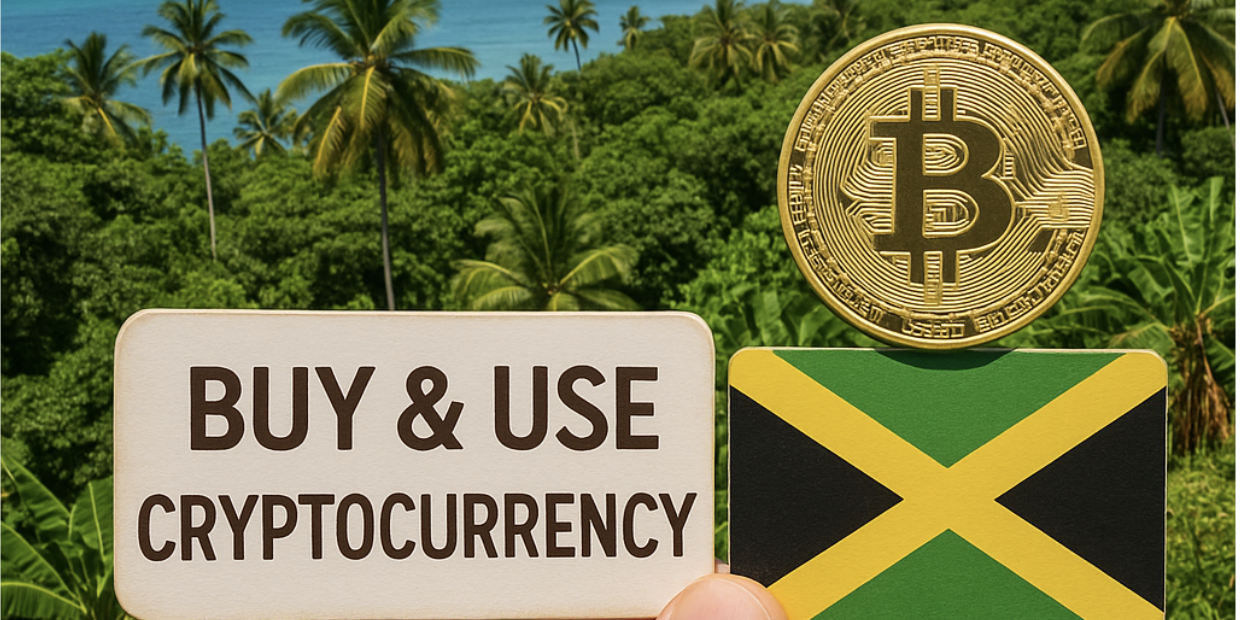Introduction Cryptocurrency is gaining popularity in Jamaica, especially among younger investors and tech-savvy individuals looking for alternatives to traditional banking. While the Bank of Jamaica (BOJ) has not recognized crypto as legal tender, owning and using cryptocurrency is not illegal. However, there are guidelines, risks, and best practices you should follow to stay safe and compliant.
1. Understanding the Legal Landscape
Cryptocurrency is unregulated in Jamaica, meaning it is not illegal but also not protected by formal laws. The BOJ has issued statements warning the public that crypto assets are not backed by the government and investors use them at their own risk. However, there are no laws prohibiting individuals from buying, selling, or holding digital assets.
The BOJ is currently exploring a Central Bank Digital Currency (CBDC), the JAM-DEX, which is not the same as cryptocurrency. JAM-DEX is legal tender; crypto is not.
Key point: You can legally own and use crypto in Jamaica, but you’re on your own in terms of risk.
2. Choosing a Safe Crypto Exchange
When buying crypto in Jamaica, use well-known, reputable exchanges that support Jamaican residents. Some of the safest and most accessible platforms include:
- Binance
- Kraken
- Coinbase (limited access in Jamaica)
- KuCoin
- Paxful (peer-to-peer, suitable for mobile money or bank transfers)
Avoid using unknown or unregulated platforms, especially ones promising high returns. Always enable two-factor authentication (2FA) and use strong passwords.
Verification: Most platforms require ID verification. Have a government-issued ID, proof of address, and sometimes a selfie ready.
3. Funding Your Crypto Account
Buying crypto in Jamaica often means working around international banking limits. Here are a few safe options:
- Credit/Debit Cards: Some exchanges allow Visa/MasterCard transactions, but fees may be high.
- Bank Transfers: Limited but possible through third-party platforms.
- Peer-to-Peer (P2P): Platforms like Paxful or Binance P2P allow direct trades using Jamaican bank accounts or mobile wallets like Lynk or NCB Quisk.
- Gift Cards: Some platforms allow users to buy crypto using gift cards (e.g., Amazon or iTunes), but this can be risky and should be used only on trusted platforms.
4. Secure Storage: Protecting Your Assets
Once you buy crypto, store it securely. You have two main options:
- Hot Wallets: Software wallets connected to the internet. Examples: Trust Wallet, MetaMask.
- Cold Wallets: Hardware wallets or paper wallets stored offline. Examples: Ledger Nano S, Trezor.
For long-term storage, cold wallets are safest. Never leave large amounts on exchanges.
5. Using Cryptocurrency in Jamaica
While crypto acceptance is still limited, it’s growing. You can use cryptocurrency for:
- Online purchases (where accepted)
- Trading and investment
- Sending remittances: Faster and cheaper than traditional methods.
- Freelancing: Many Jamaicans get paid in crypto for online work.
Note: Few local businesses accept crypto directly, but this may change as awareness grows.
6. Staying Safe and Legal
- Avoid Scams: Never send crypto to people promising guaranteed profits.
- Stay Updated: Follow the BOJ and FSC (Financial Services Commission) for policy changes.
- Keep Records: Document your transactions in case you need them for tax or legal purposes.
- Know Your Limits: Only invest what you can afford to lose.
Conclusion Cryptocurrency is accessible and legal for individuals in Jamaica, but it comes with risks due to the lack of regulation. By using secure platforms, protecting your assets, and staying informed, you can safely engage in crypto activities. The landscape is evolving, and Jamaicans who educate themselves early may benefit the most.









